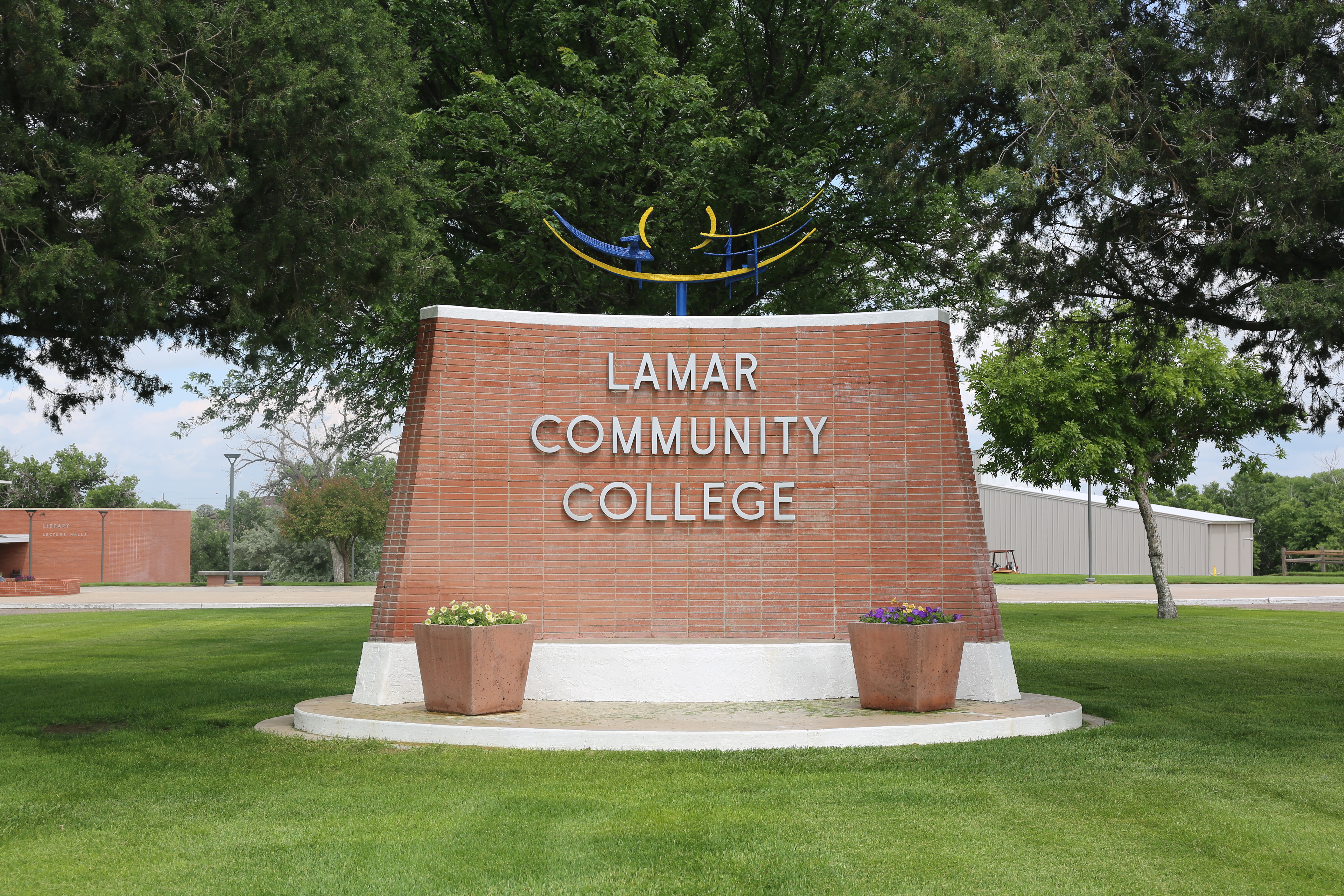Attending a Colorado community college continues to offer a strong return on investment, according to a report released by the Colorado Department of Higher Education (CDHE).
Now in its fifth iteration, the annual Return on Investment Report provides data on average cost, debt, and earnings data for degree and certificate programs across the state. Thanks to its affordable tuition and career-connected approach, Colorado Community College System (CCCS) colleges provide excellent value for students, findings show.
This is how Colorado can assure learners they have the training they need to reach their dreams and continue to optimize their quality of life.
“Colorado graduates benefit not only through completion and advancement but also from readiness to join the labor market equipped with the high-demand, highly competitive skills required for them to thrive in their unique career pathways,” wrote Governor Jared Polis and Dr. Angie Paccione, executive director of CDHE, in the report’s opening letter. “This is how Colorado can assure learners they have the training they need to reach their dreams and continue to optimize their quality of life.”
Keeping College Affordable
To understand value, the report begins by breaking down average cost and debt for Colorado students. At $4,050, average tuition at two-year colleges is less than half the rate at four-year colleges and universities in the state. Nearly all students whose annual family income is less than $75,000 are eligible for federal, state, or institutional financial aid, further reducing the total cost of college.
Community college students are also far less likely to take on debt. About two-thirds graduate with no debt, according to the report, and those that do take on an average of $12,900. In fact, just 2% of community college students accrued debt greater than $30,000.
CDHE highlighted promise programs, like those offered at Pikes Peak State College (PPSC), as a strategy to keep college affordable for lower income Coloradans. The initiative covers costs for books and fees in addition to tuition for recent high school graduates in the Colorado Springs region.
Pathways for all Learners
Beyond price and debt, the choice of program affects students’ overall return on investment, the report said. By offering a variety of education and training pathways in high-growth fields, CCCS colleges help students enter the workforce quickly.
The report cited the state’s zero-cost education programs, Care Forward Colorado and Career Advance Colorado. With a state investment of $65 million, these initiatives cover tuition, fees, and course materials costs for several in-demand training programs, including healthcare and construction. To date, the programs have prepared more than 6,500 Coloradans for high-skill careers.
Another option is Concurrent Enrollment, which allows students to earn college credit in high school. As the largest provider of Concurrent Enrollment, CCCS colleges serve more than 37,000 students each year, awarding more than 2,600 credentials annually.
CCCS colleges also specialize in short-term credentials, which learners can complete in a year or less. These programs are especially popular among “skill builders” who want to learn new competencies without enrolling in a full degree program. According to a Journal of Higher Education analysis, Colorado skill builders added an average of $938 in quarterly earnings to their income four months after entering community college—about $430 dollars higher than average earnings outcomes from other states.
“Institutions are offering more programs that better align with Skills Builders’ educational needs, resulting in less time and financial burden on learners while significantly boosting wages,” the report said.
Delivering Value
In addition to providing diverse options for students, CCCS colleges deliver lifelong value.
As part of their analysis, CDHE reviews wage data to understand graduate outcomes after one, five, and ten years. On average, both certificate and associate degree earners see wages rise 31 percent between the first and fifth years following credential completion.
These trends continue over the long term. Nearly all CCCS programs ensure a living wage for completers within ten years, according to CDHE’s Postsecondary Degree Earnings Outcomes Tool. Some graduates earn salaries exceeding $85,000 after a decade.
Associate of Applied Science degrees offer especially strong value, according to the report. All graduates earn a living wage within a year of completion, with average wages exceeding $60,000 at some CCCS colleges.
Outcomes are even better for students enrolled in CCCS bachelor’s degree programs, including nursing, dental services, and allied health. A year after completion, graduates earn an average salary of $69,000 up to $82,000, depending on the program. CCCS colleges already offer 15 bachelor’s degrees with more launching in Fall 2024.
“As education increases for Coloradans, annual wages also increase across all industry sectors in the state, regardless of the type of credential one completes – and this is especially true longitudinally,” the report concluded. “This positive return on investment in the workforce leads to a stronger labor market, a vigorous economy, vibrant communities, and ultimately, stronger Colorado families.”


